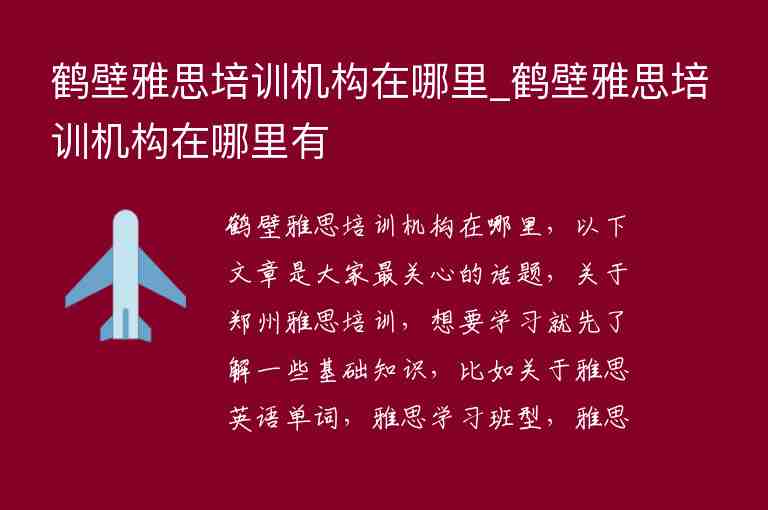英 [ˌækjuˈzeɪʃ(ə)n] 美 [ˌækjuˈzeɪʃ(ə)n]
n. 指控,控告;指责,谴责
用法:accusation通常用作可数名词,表示对某人的指控或指责。它往往与介词of连用,表示被谴责的原因。
例句:
1. The company has denied the accusation of fraud.
公司否认了欺诈的指控。
2. The teacher's accusation of cheating caused a big stir in the classroom.
老师指责作弊引起了教室里的轩然大波。
3. The politician was forced to resign after facing multiple accusations of corruption.
这位家在多次受到指控后被迫辞职。
4. She made an accusation against her boss for sexual harassment.
她对她的老板提出性骚扰的指控。
5. The singer denied the accusations of plagiarism and claimed that the song was his original work.
歌手否认了抄袭的指控,并声称这首歌是他原创的作品。
同义词及用法:
1. Allegation (n.) 指称,断言
用法:allegation通常指未经证实或有证据支持的声明或说法。与accusation相比,allegation更加中性,不带有明显的负面情绪。
例句:The allegation that he had stolen the money was proved false.
他偷了钱的指称被证明是虚假的。
2. Charge (n.) 控告,指控
用法:charge通常指正式的法律控诉,也可以表示对某人的指责或责备。
例句:The police have brought charges of assault against the suspect.
对嫌疑人提出了袭击的控诉。
3. Blame (n.) 责备,指责
用法:blame通常指对某人或某事负有责任或过错,并可能导致不良后果。
例句:The accident was caused by human error, but no one wanted to take the blame.
这起事故是由于人为错误造成的,但没有人想承担责任。
4. Accusatory (adj.) 指责的,控诉的
用法:accusatory形容词,表示具有或带有指责、谴责意味的。
例句:His tone was accusatory, making me feel like I had done something wrong.
他说话时带着指责之意,让我感觉好像我做错了什么事情。
5. Indictment (n.) 控告书,书
用法:indictment通常指正式提出对某人犯罪行为的控告,并要求法庭审理。
例句:The grand jury handed down an indictment against the suspect for murder.
大陪审团对嫌疑人提出了谋杀的书。
编辑总结:
Accusation是一个常用的词汇,通常用来表示对某人的指控或指责。它可以作为名词使用,也可以形容词accusatory来表示具有指责意味的。在使用时,可以与介词of连用,表示被谴责的原因。此外,还有一些近义词如allegation、charge、blame等,它们之间有些微妙的区别,在不同语境下使用可以表达不同的含义。




